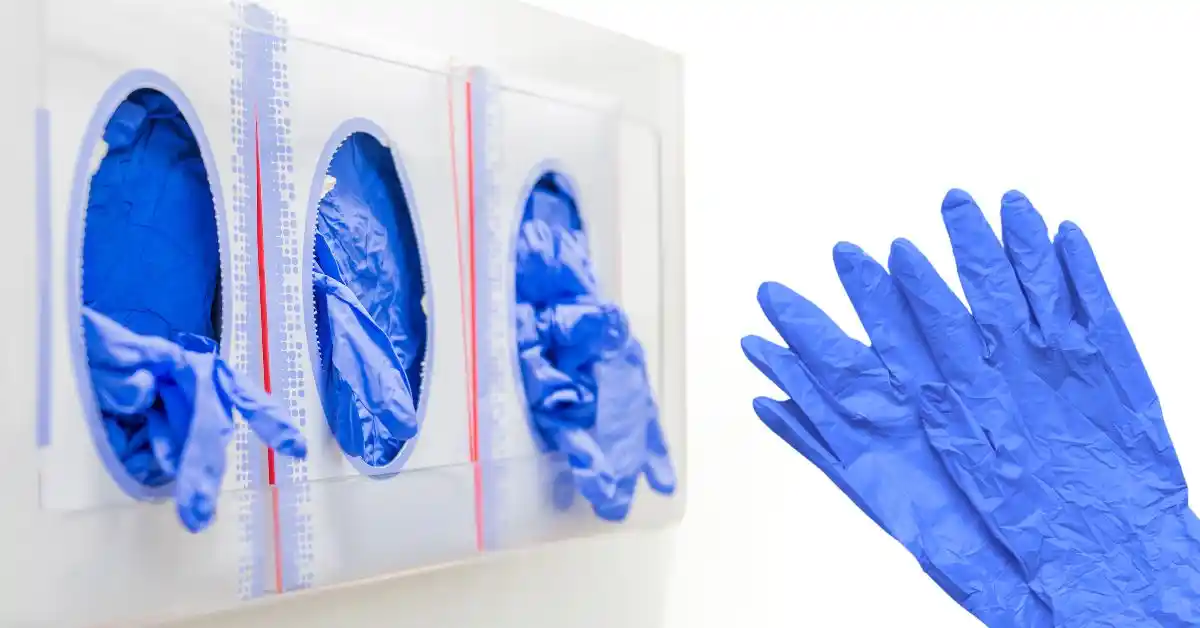
Do Medical Gloves Expire? Understanding Shelf Life and Safety
The Importance of Knowing Expiration Dates for Medical Gloves Understanding the expiration dates of medical gloves is crucial for ensuring safety and efficacy in healthcare
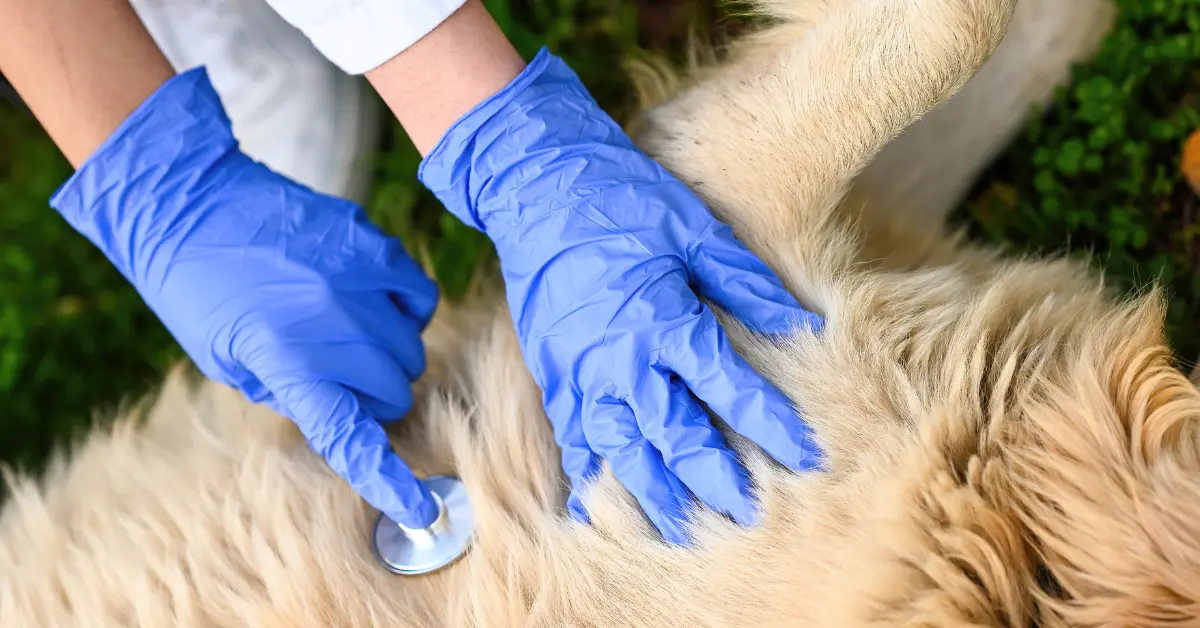
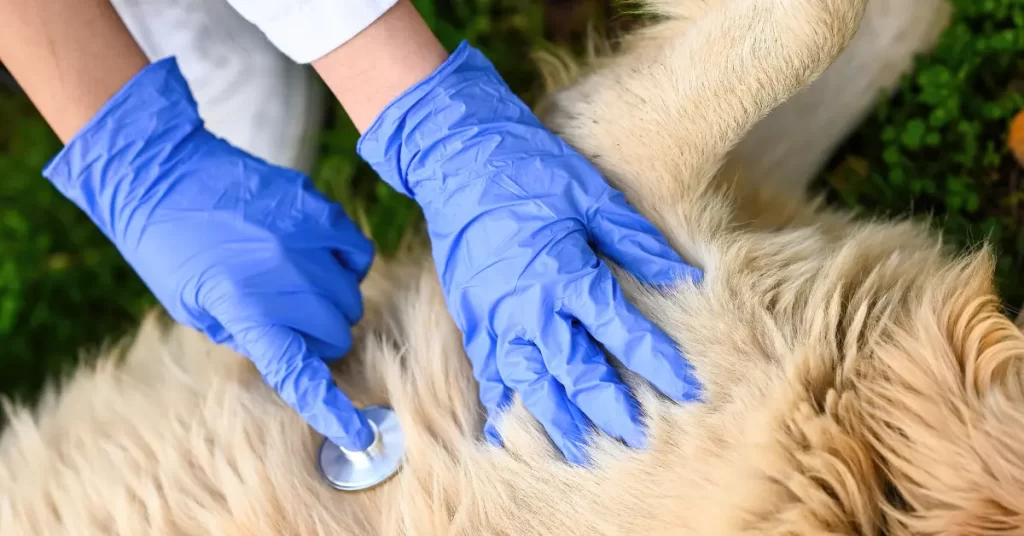
When it comes to taking care of our beloved furry companions, every pet owner wants to ensure that their pets receive the best possible care and treatment. As a result, the field of veterinary medicine has advanced significantly in recent years, with new technologies and treatments constantly emerging. However, in order to protect both animals and veterinarians, there is one critical tool that continues to play a vital role – vet gloves.
From routine check-ups to complex surgeries, veterinary gloves are an essential piece of equipment for any veterinarian. These gloves serve as a protective barrier between the veterinarian and the animal. They are reducing the risk of transmission of diseases and infections. They are also important for hygiene purposes, preventing cross-contamination between animals and ensuring a safe environment for procedures.
There are various types of veterinary gloves available on the market, each with their own unique features and benefits. One of the most popular types is nitrile gloves, which are known for their superior strength and durability. Nitrile gloves are also resistant to punctures and chemicals. These makes them a practical choice for handling medicines and disinfectants in a veterinary setting. Additionally, they come in a range of sizes, ensuring a comfortable fit for any hand.
Another type of veterinary gloves that is commonly used is latex gloves. These are a popular choice due to their excellent tactile sensitivity, allowing veterinarians to have a better grip on delicate instruments during surgeries. However, some individuals may have allergies to latex, making nitrile gloves a more suitable option.
Aside from protecting the health and safety of both veterinarians and animals, vet gloves also play a crucial role in maintaining a sterile environment. This is especially important during surgical procedures, where any contamination can have severe consequences.
Moreover, vet gloves are also an indispensable tool in promoting ethical practices in veterinary medicine. By using gloves, veterinarians can minimize stress on animals during examinations and procedures. This is particularly crucial for nervous or skittish animals, which may become agitated or aggressive if touched directly by bare hands.
In conclusion, vet gloves are an indispensable tool in the world of veterinary medicine. They not only serve as a protective barrier, but they also play a vital role in maintaining a sterile environment and promoting ethical practices. With the constant advancements in the field of veterinary medicine, the importance of vet gloves cannot be overstated. It is essential for both veterinarians and pet owners to recognize and appreciate the crucial role of gloves. Vet gloves play in ensuring the health and well-being of our furry companions. So, the next time you take your pet to the vet, you can rest assured that they are in good hands – protected by the vital role of vet gloves.

The Importance of Knowing Expiration Dates for Medical Gloves Understanding the expiration dates of medical gloves is crucial for ensuring safety and efficacy in healthcare
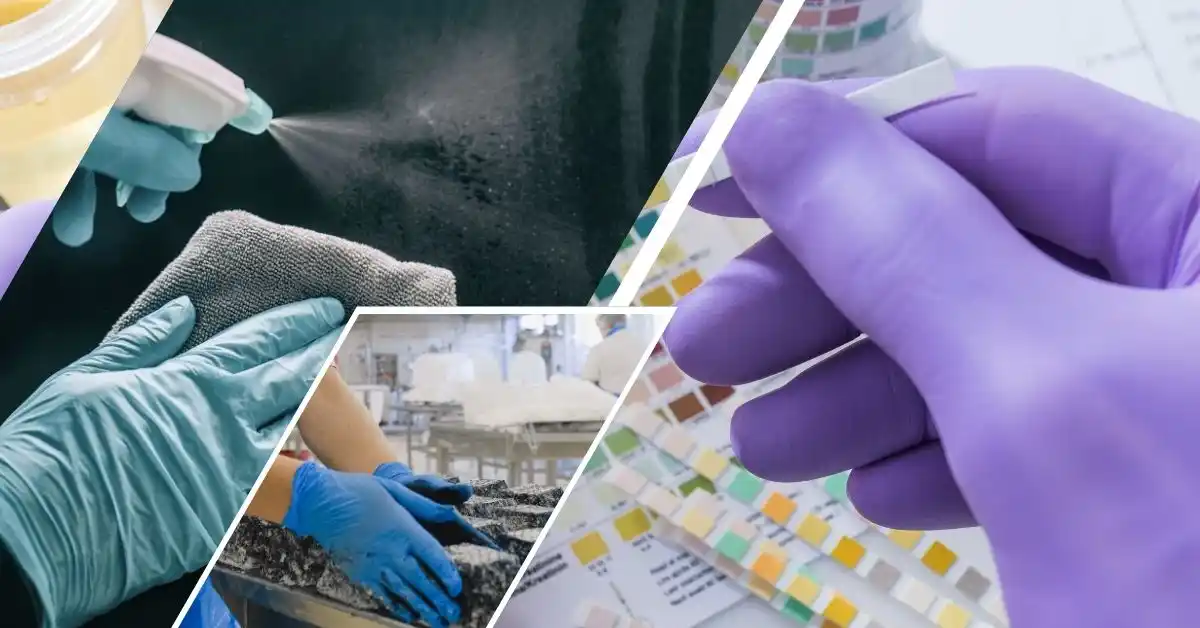
Healthcare Professionals: The Primary Users of Nitrile Gloves In the realm of personal protective equipment (PPE), nitrile gloves stand out as a crucial component, particularly
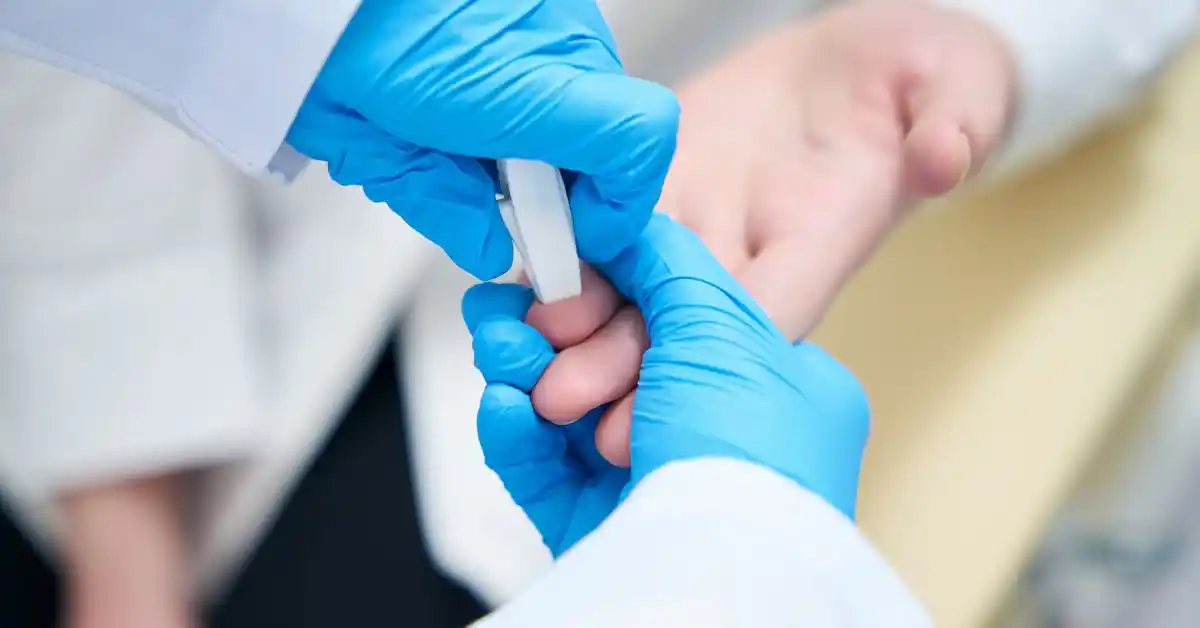
Understanding Puncture Resistance: What It Is and Why You Need It Understanding puncture resistance is crucial for anyone who prioritizes safety in their work environment.
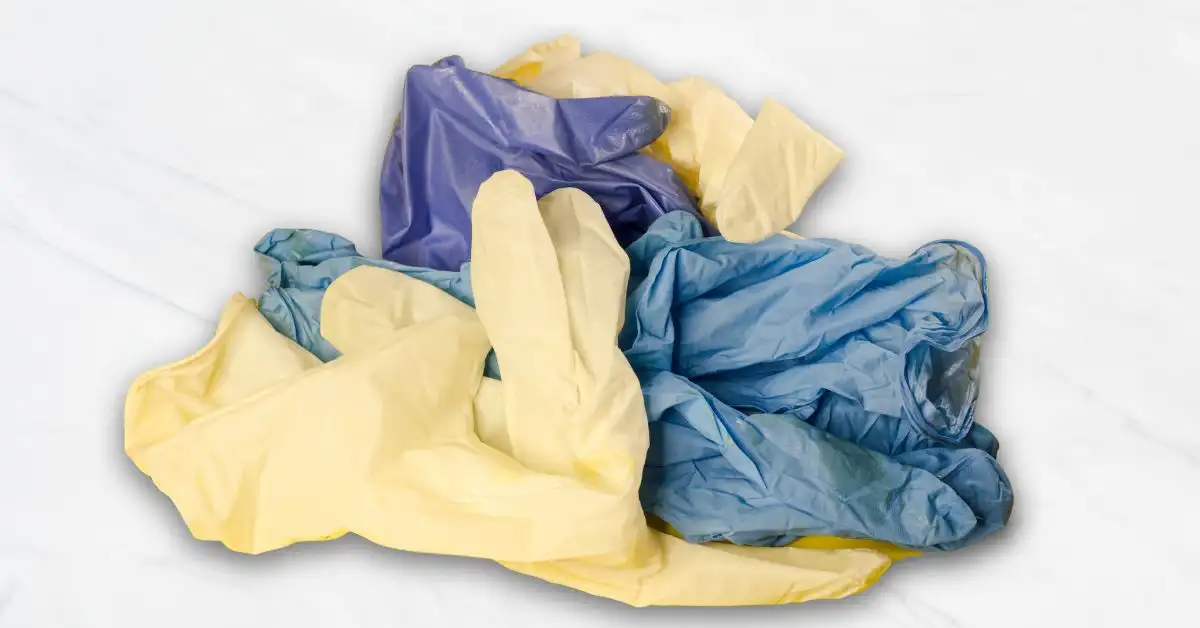
The Origins of Surgical Gloves: A Historical Overview The origins of surgical gloves can be traced back to a pivotal moment in medical history that

Why You Should Care About Hands Breaking Out from Gloves When it comes to personal protective equipment, gloves are often taken for granted. However, the
Driven by a passion for excellence, our mission is to consistently deliver the highest quality products at the most affordable prices. We aim to exceed customer expectations, creating value and trust.
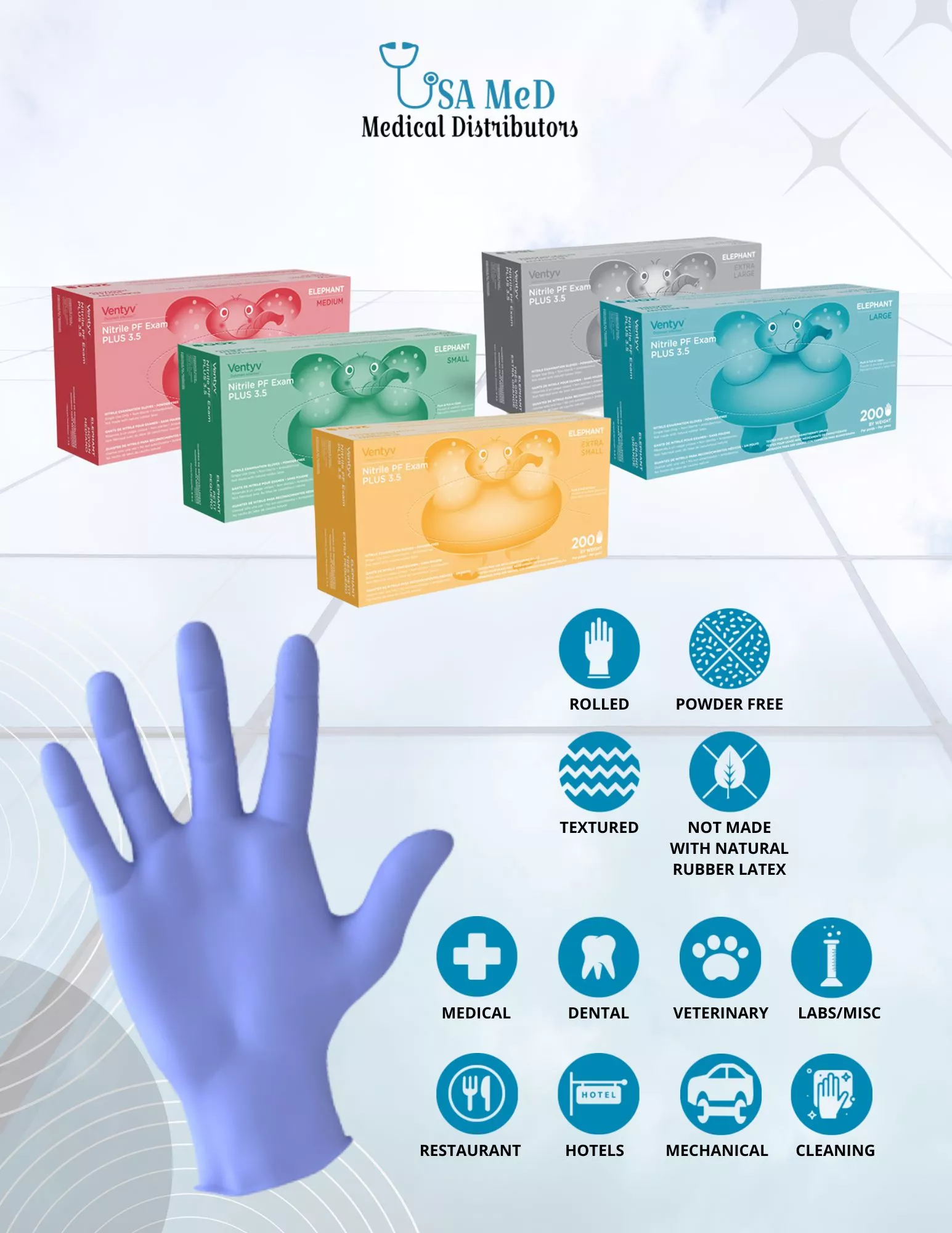
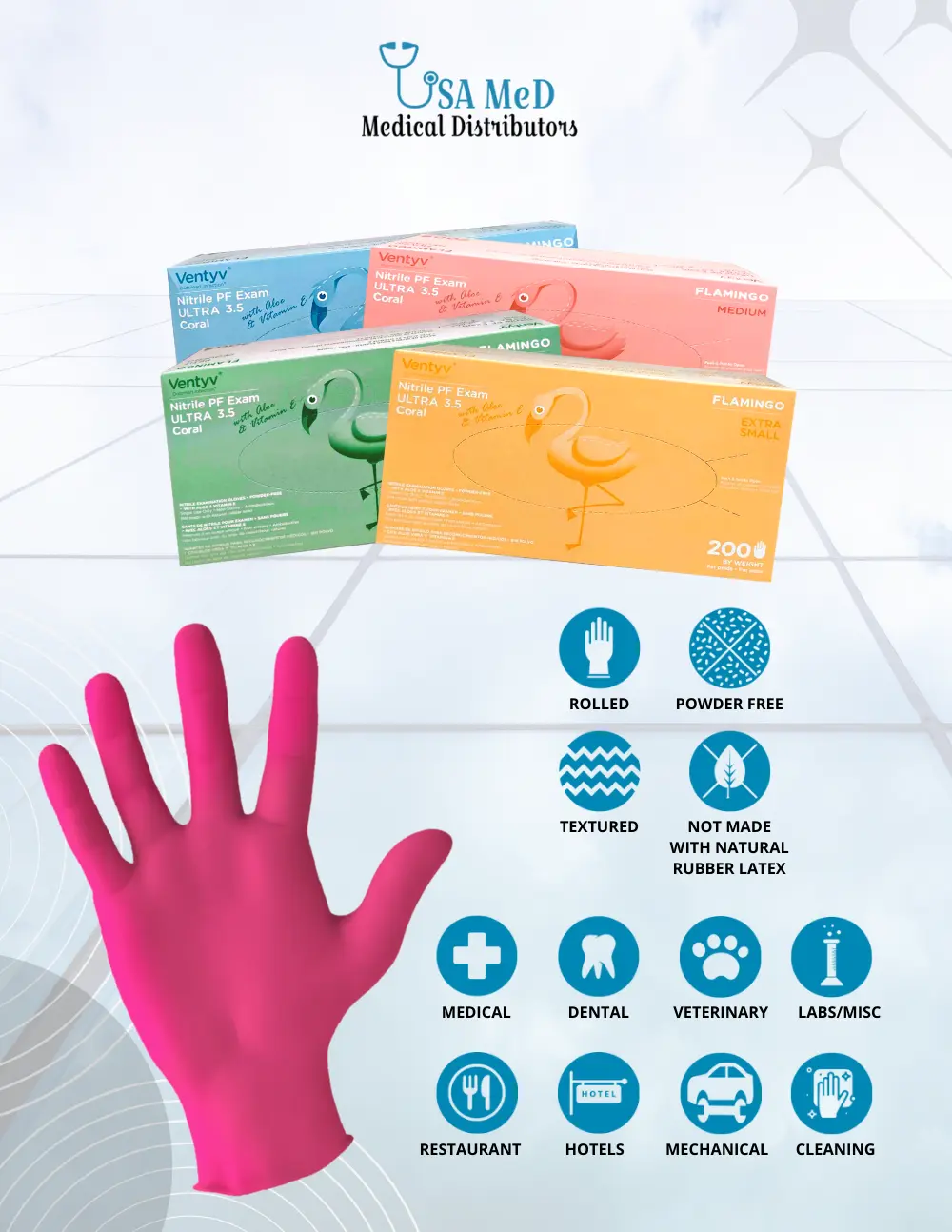
Phone Number: (239) 266 -1290
Email Addresses:
sales@usamedicaldistributors.com
customercare@usamedicaldistributors.com
Mailing Address :
501 Goodlette, Frank Rd N A105, Naples, FL 34102
Copyright 2022 – 2024. USAMED Medical Distributors. All rights reserved.
Privacy Policy | Return and Refund Policy
| Website by M. Escober